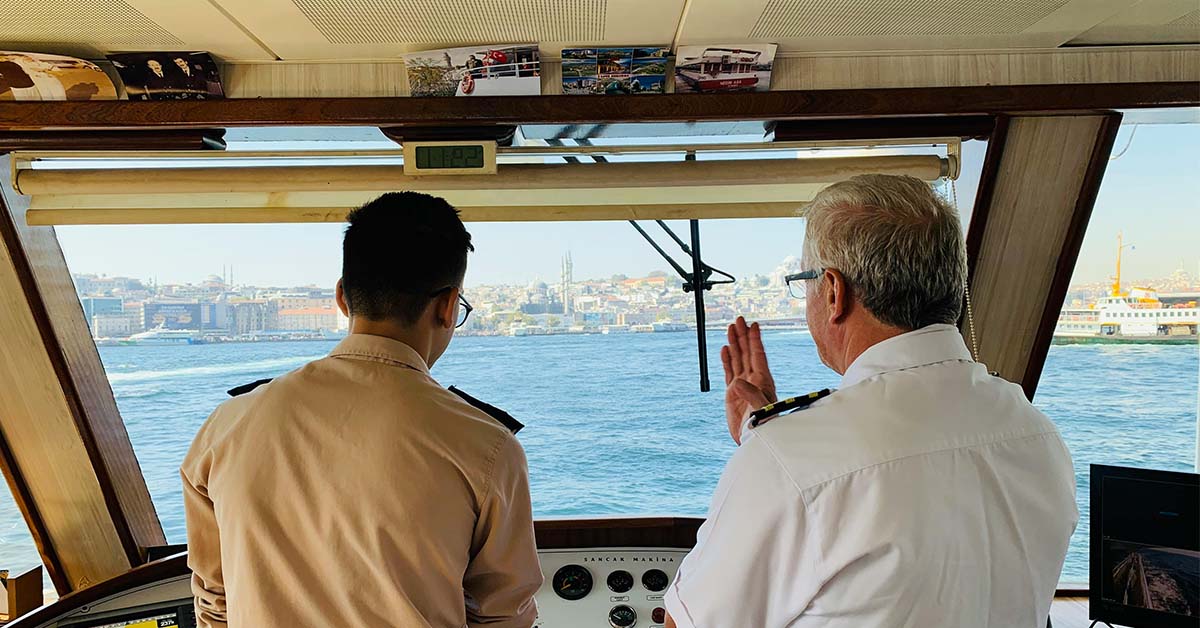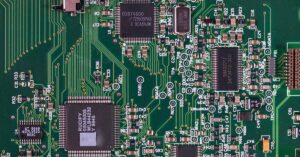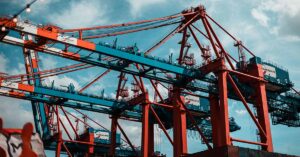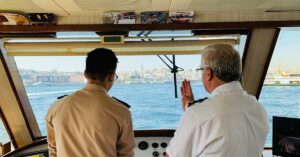The Role of Technology in the Modern Filipino Seafarer’s Career
In the vast and dynamic world of maritime careers, Filipino seafarers have consistently proven their prowess and adaptability. The Philippines has a long-standing tradition of producing skilled sailors who serve on ships worldwide, contributing significantly to the global maritime industry. Today, technology has transformed the way Filipino seafarers navigate their careers, bringing about significant changes and improvements in the industry.
The Importance of Technology in Maritime Careers
Modern technology has revolutionized the maritime industry, making it more efficient, safer, and more environmentally conscious. Filipino seafarers have wholeheartedly embraced these advancements, recognizing the benefits they bring to their careers. Here, we will explore the multifaceted role of technology in the lives of modern Filipino seafarers.
- Navigation and Safety
One of the most critical aspects of a seafarer’s job is navigation and safety. GPS systems, electronic charts, and automated communication systems have become integral tools on board. These technologies not only enhance navigation accuracy but also contribute to safer voyages, reducing the risk of accidents and collisions.
- Communication and Connectivity
In the past, seafarers often faced isolation during long voyages. However, modern technology has bridged this gap through satellite communication, internet access, and mobile phones. This connectivity allows Filipino seafarers to stay in touch with loved ones and access real-time information, making their time at sea more bearable.
- Environmental Responsibility
The maritime industry is increasingly focused on environmental sustainability. The use of advanced technologies, such as cleaner engines, emission monitoring systems, and ballast water treatment, enables Filipino seafarers to contribute to reducing the environmental footprint of their vessels and comply with international regulations.
- Training and Education
Technology has also impacted the training and education of Filipino seafarers. Simulators, e-learning platforms, and virtual reality tools are now used for skill development and ongoing learning. This ensures that seafarers are well-prepared to handle the latest technologies on board.
- Documentation and Administration
The administrative aspects of a seafarer’s career have been simplified with the use of technology. Digital record-keeping, electronic documentation, and automated reporting systems have reduced paperwork and streamlined administrative processes, making life at sea more efficient.
- Crisis Management
Technology plays a crucial role in crisis management at sea. With the help of satellite communication, weather forecasting, and remote medical consultation, seafarers can respond more effectively to emergencies, ensuring their safety and well-being.
The modern Filipino seafarer’s career is intricately connected to technology. From navigation and safety to communication and environmental responsibility, technology has elevated the industry and empowered seafarers to navigate their careers with greater ease and efficiency. As technology continues to advance, the role of Filipino seafarers in the global maritime industry remains essential, and their adaptability to new technologies is crucial for a prosperous future.
In this ever-changing landscape, staying up-to-date with the latest technological trends is paramount for Filipino seafarers to excel in their careers and contribute to the growth of the industry.
Share this content:















Post Comment